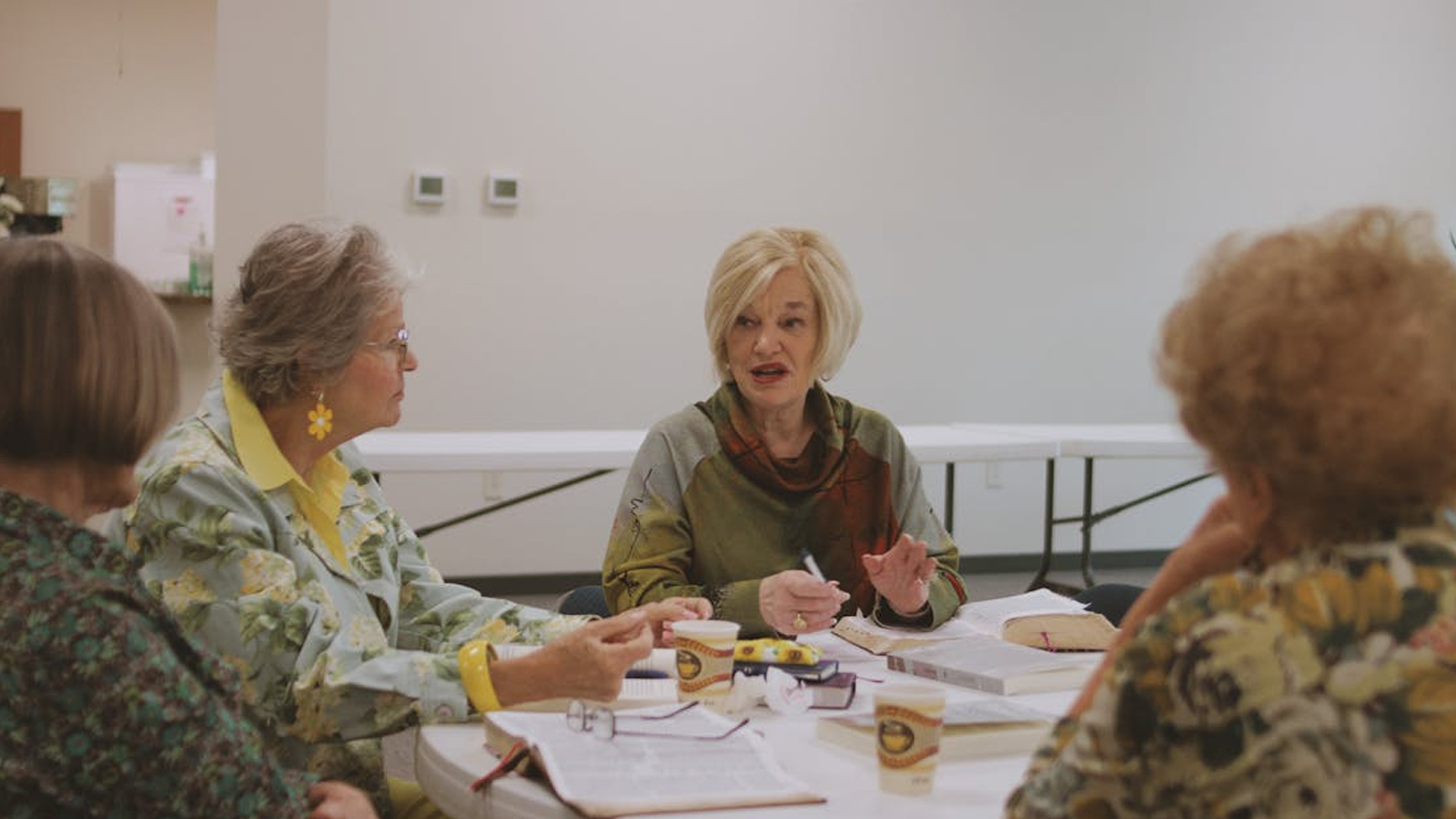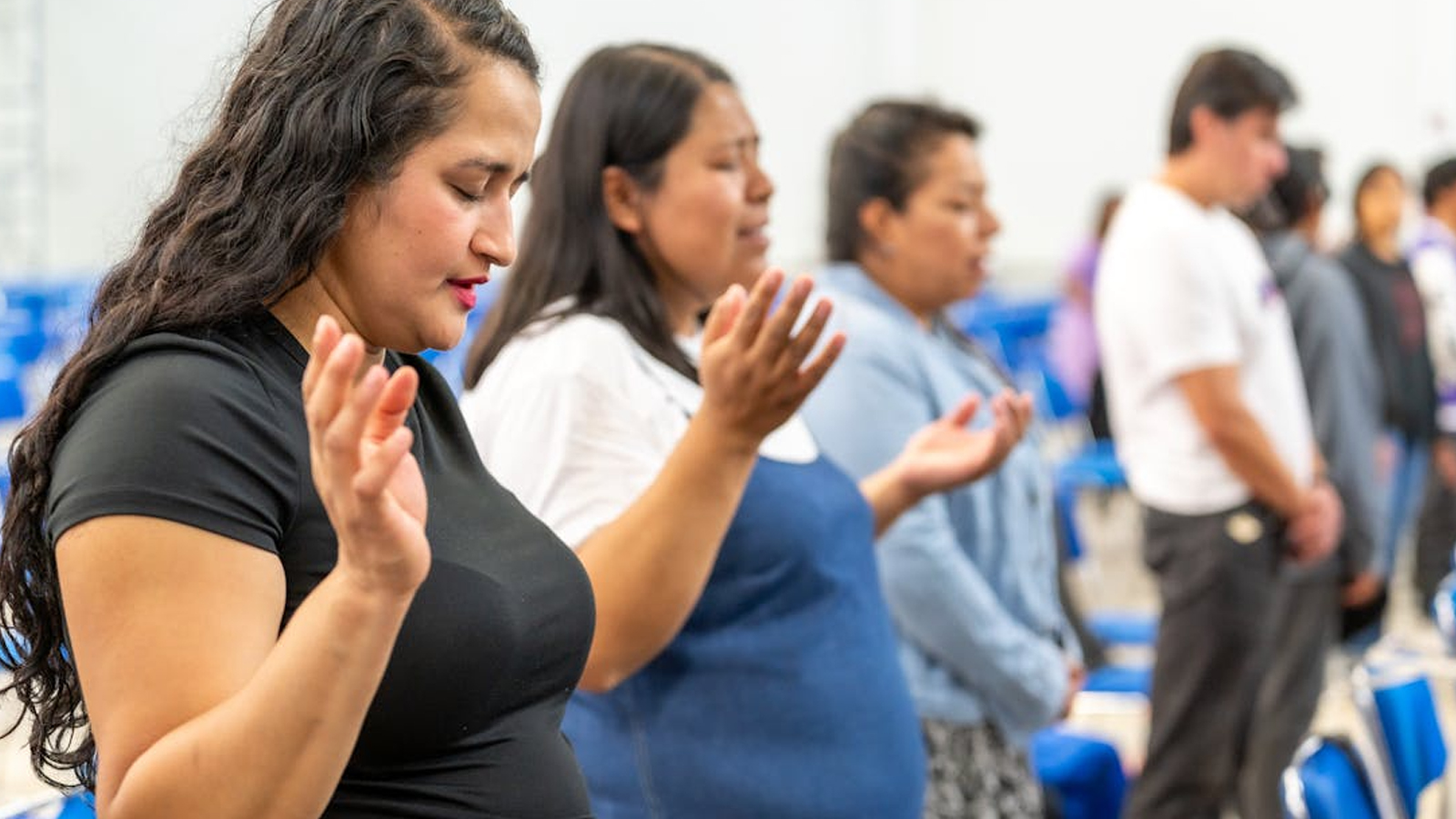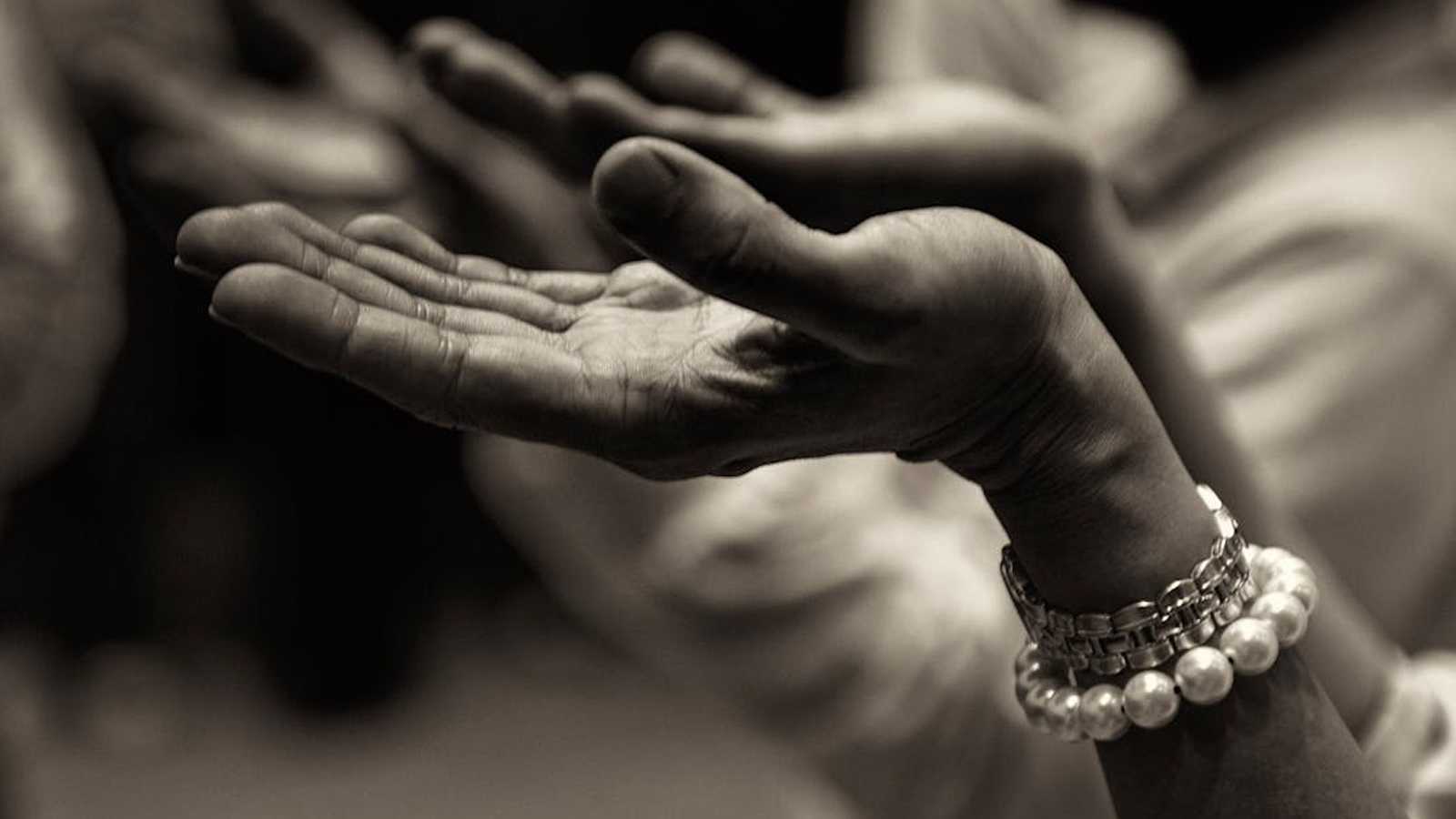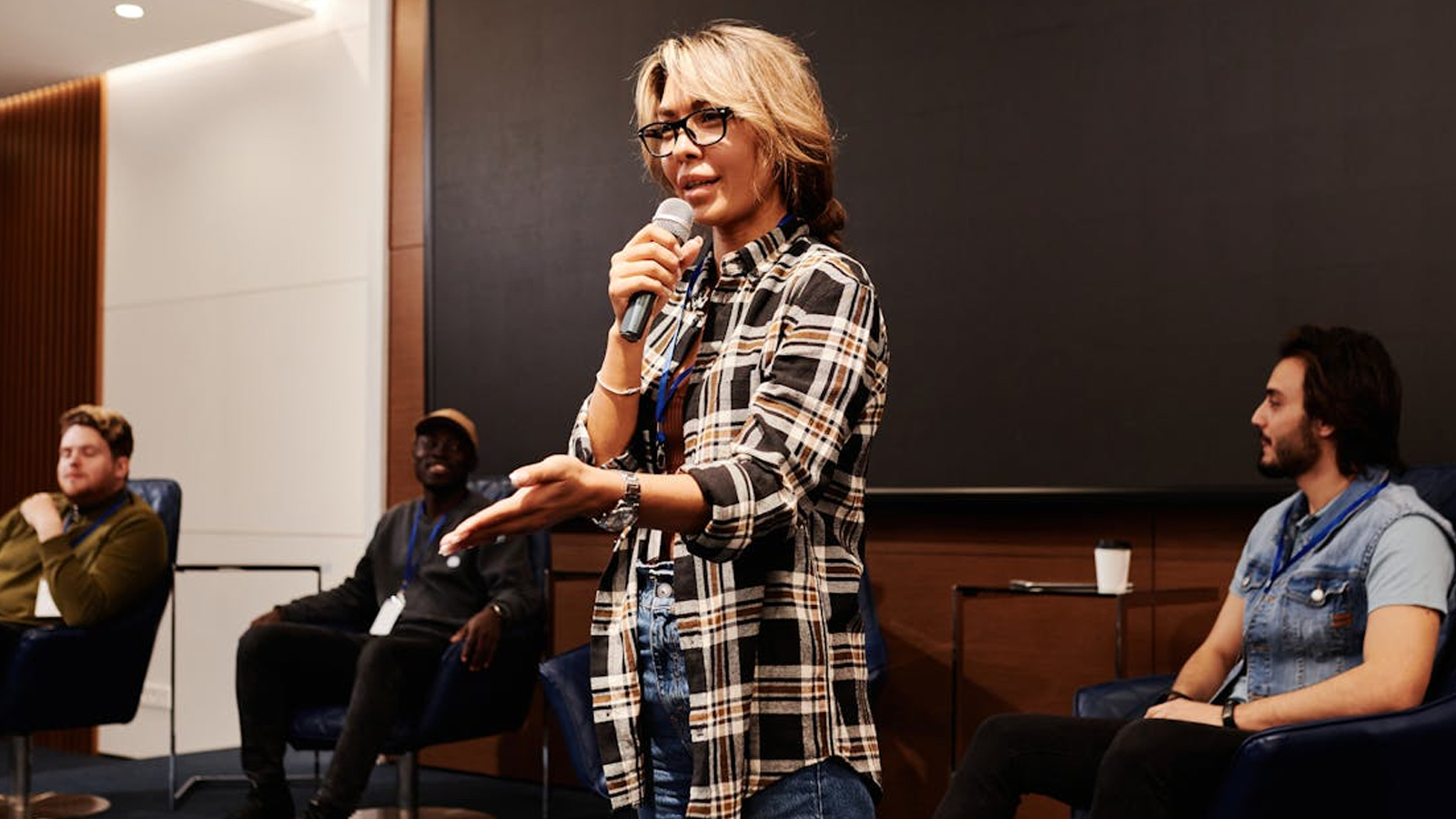Most people are remembered for their achievements or public contributions, but beneath the surface, every life is defined by a web of relationships—hundreds of friendships and associations that rarely make the headlines. This overlooked social narrative is often the truest story of who we are. Our relationships, for better or worse, act as rudders, steering us toward success or disaster. Friends matter, and the right ones can help us flourish in ways that surpass any individual accomplishment.
Research confirms what intuition already tells us: friendships are vital to our mental health. People who spend less time alone are generally happier, and when asked what brings happiness, most people put friendships at the top of their list. The opposite is also true. Loneliness and a lack of close friends often walk hand in hand with depression. In fact, studies show that loneliness and depressive symptoms can work together to diminish wellbeing. When important friendships are lost or broken, our bodies register “social pain”—activating some of the same neural pathways as physical pain. Our minds and bodies are wired to thrive on connection.
But the impact of friendship doesn’t stop with our mental health. It reaches into our physical wellbeing as well. People who are more sociable are less likely to catch the common cold, and one study found that lonely people even mount a weaker immune response to the flu shot. Strong social relationships are linked to longer life—regardless of age, income, or background. The quality of those extra years is also shaped by our friendships. Older adults who are lonely are more likely to suffer cognitive decline, and research shows loneliness is associated with a 40% increased risk of dementia. Our friendships and social ties aren’t just nice to have—they’re essential to our ability to flourish, body and mind.
Yet, in our social media age, it’s easy to confuse the number of online “friends” with the presence of real, meaningful relationships. Sociologists, when they study friendship’s impact, use a far more traditional definition: a friend is someone attached to another by affection, who seeks their company and works to promote their happiness and prosperity. True friendships are built on esteem, respect, and a genuine desire for the other’s wellbeing. It’s not the quantity but the quality of our relationships that matters most. In our social media age, it’s easy to confuse the number of online “friends” with the presence of real, meaningful relationships Share on X
So what makes a friendship “quality”? Studies point to three key attributes. The first is depth. The longest-running study on human wellbeing, begun at Harvard in 1939 and tracking participants for over 80 years, found that the most important predictor of health and happiness in late life wasn’t wealth, social class, intelligence, or even genetics—it was the quality of close relationships. Deep, sincere friendships—those “deep diving” friends who know us genuinely and invest in our future—shape and direct our lives more than any other factor.
But depth comes with limits. You can’t be close friends with everyone, and neither can anyone else. Everyone has a circle—a small group of people with whom they share true closeness. Most of our social media “friends” aren’t in that circle, and that’s normal. Deep friendships require time, commitment, and vulnerability, which is why we have far fewer close friends than acquaintances. Studies show that quality, not quantity, is what produces happiness and contentment. People with a few close confidants outlive those without. We flourish not by having many acquaintances, but by nurturing a handful of meaningful connections.
The third attribute of quality friendships is virtue. Humans flourish when we have deep, meaningful relationships with a small number of virtuous friends. But what defines virtue in a relationship? Here, we find ourselves searching for an objective standard—because our relationships are contagious. We catch attitudes, behaviors, and even moods from those closest to us. One study found that teenagers with disruptive behavior disorders tend to befriend others with similar behaviors, reinforcing negative patterns. Happiness, too, is contagious: people are more likely to be happy if their friends are happy. Friends can either tempt us toward destructive choices or encourage us to resist them. The quality of your friendships can determine your likelihood of being depressed, suicidal, or engaging in risky behavior.
This truth is ancient. The Bible says, “Bad company ruins good morals,” a claim now confirmed by modern sociology. Humans flourish when they cultivate deep, meaningful relationships with a small number of virtuous friends. This isn’t just practical advice—it’s a reflection of something deeper in our nature. The Christian understanding of God is relational at its core: one God, eternally existing as three persons—Father, Son, and Holy Spirit—in perfect, virtuous relationship. We are made in that image, hardwired for meaningful connection. When we build our lives around deep, virtuous friendships, we reflect the very nature of the God who made us.
It turns out the ancient wisdom was right all along. Flourishing isn’t found in fame, fortune, or followers, but in the quiet, steady presence of a few good friends.
To learn much more about the importance of community and how friendships desire both contributes to human flourishing and establishes the reliability of the Biblical record, please read The Truth in True Crime: What Investigating Death Teaches Us About the Meaning of Life.





















Paul Madtes
September 19, 2025 at 11:53 am
Thank you, Jim, for your insights. One of the aspects of the new project on which I am working (The Virtues and Character Development Project) includes your point about the importance of community. I appreciate hearing from others that this is essential for virtue formation.